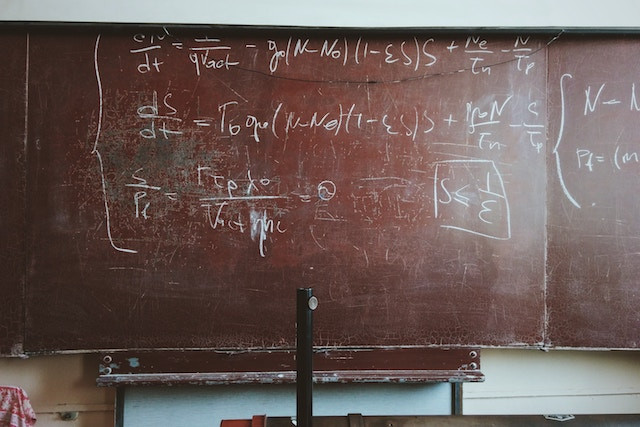The achievement gap is seen in children at ages 10 and 15, while the gap is not observed in “traditional immigration countries”. That’s according to a working paper, “How does the achievement gap between immigrant and native-born pupils progress from primary to secondary education?”, released by the Luxembourg Institute of Socio-Economic Research on 3 December.
Having just one native parent seems to make the difference. The paper stated:
“While the performance of students with mixed parents is not markedly different from native students’, foreign background children--both first- and second-generation--exhibit a large achievement gap at age 10 in continental Europe, even when accounting for observable differences in socio-economic characteristics. The gap tends to narrow down by age 15 in reading, but no catching up is observed in mathematics. By contrast, we do not find significant differences between the academic achievements of immigrant children and their native-born peers in traditional immigration countries.”
The authors noted that foreign background children in Europe are more likely to live in poorer households, regardless of their parents educational level. In addition, they are “less likely to attend early childhood” or pre-school programmes, “despite robust evidence” that they help narrow the achievement gap. “Moreover, many immigrant children grow up without speaking the host country language at home… another critical factor of academic success.”
The 12 European countries were Austria, Belgium, Denmark, France, Germany, Italy, Luxembourg, the Netherlands, Norway, Spain, Sweden and UK. The 3 traditional immigration countries were Australia, Canada and New Zealand.
Aigul Alieva, a research fellow at the Luxembourg Institute of Socio-Economic Research, and lead author of the achievement gap report. Photo credit: Liser
The researchers analysed the results of standardised academic tests taken by three separate groups of students over different time periods between 2001 and 2012.
The paper was written by Aigul Alieva, a researcher at Liser, Vincent A. Hildebrand of Glendon College, in Canada, and Philippe Van Kerm, who is affiliated with both Liser and the University of Luxembourg.

